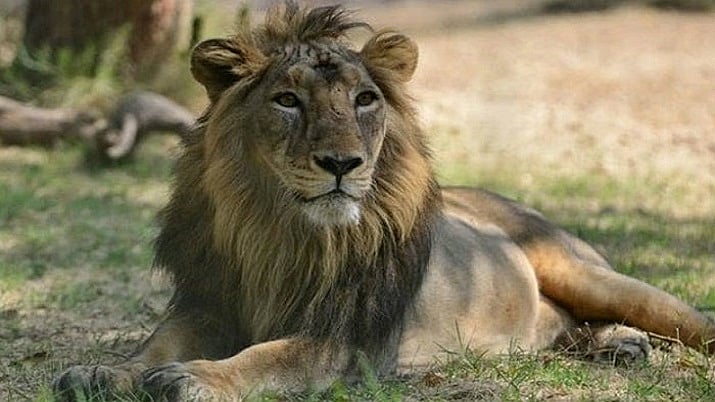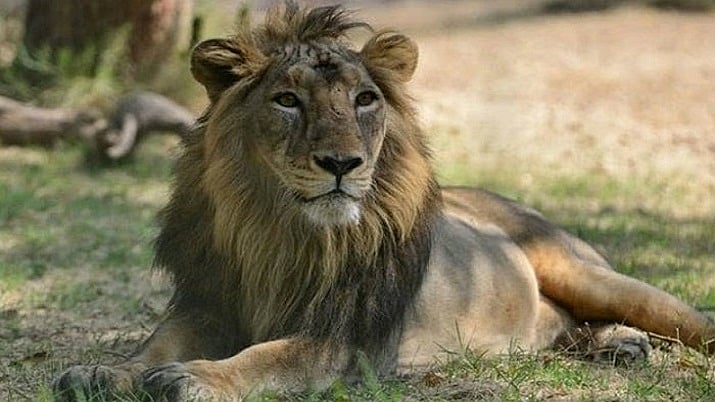The metropolis of Chennai has been held in thrall by a gripping drama of royal proportions, whose impact was felt all over the country. The protagonist of the story was Sheryaar, a five-year-old lion who committed the unspeakable crime, it appears in retrospect, of taking a long walk. “Look at his audacity!” the zoo authorities must have wondered.
True, the incident sparked a flurry of imaginative speculation worthy of a wildlife thriller. Did our hero, pining for his Bengaluru roots, stow away on a goods train or hide himself in the cargo bay of an aircraft? Was he lured by the promise of a romantic liaison with a lioness from his past? Perhaps he sought a prime ministerial connection to arrange a state visit to the Gir forests in Gujarat. The common man, in his simple wisdom, dared to ask the most scandalous question of all: was the king of the jungle, with a mere 50 acres to roam, simply bored?
One must sympathise with Sheryaar’s plight. In a world increasingly hostile to privacy, where every move is tracked by CCTV cameras and thermal drones, is it any wonder he sought a moment of solitude? Who among us hasn’t yearned for a solitary, moonlit night under the stars? Could he be blamed if he wanted to be free from the prying eyes of a panicked bureaucracy? His extended stroll was not an escape; it was a statement—a protest against the constant surveillance that attacks a regal person’s right to be left alone.
While zoo authorities scrambled search parties and issued press releases, they failed to grasp the simple animal psychology at play. A young lion exploring his vast domain is not a crisis; it is a sign of a healthy, curious mind. The hue and cry was entirely unnecessary. The king was merely surveying his kingdom, and all the frantic speculation about nocturnal visits to the city was, much like the search parties themselves, a needless worry.
And here’s a thought for animal lovers and legislators alike. In Australia, it is illegal to keep certain animals in isolation—even pets must have a companion of their own species. A lonely rabbit, for instance, is considered a case of neglect. So is a cat or a dog! Perhaps Sheryaar, too, was suffering from that most human of conditions: loneliness.
After all, even monarchs need conversation, and a few deer or peacocks are poor substitutes for a fellow lion who understands the pressures of kingship. The great lion caper, then, is not a security failure but a parable—a reminder that freedom and companionship are not luxuries but birthrights, even for those who wear the crown. Long may he roam!










